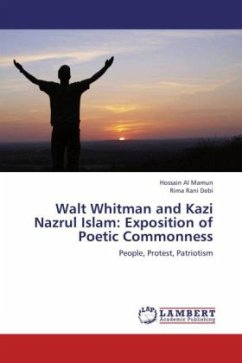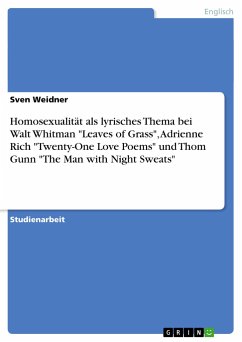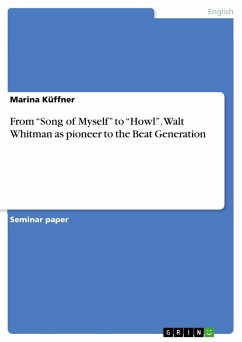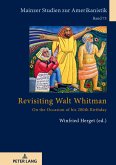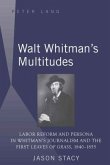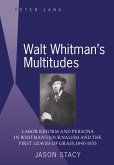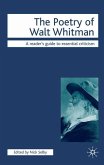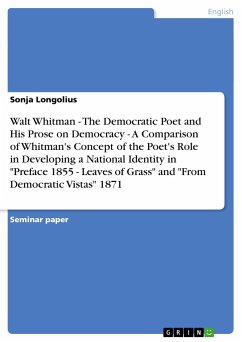Walt Whitman (1819 892) and Kazi Nazrul Islam (1899 1976) are two of the national poets of America and Bangladesh respectively. Whitman is the poetic embodiment of the frontier spirit and the passionate search for a viable identity that the American War of Independence generated; so is Nazrul Islam of the resurgent youth of his time trying to wrest freedom from the British. Like Whitman, Nazrul Islam is primarily the poet of man, not of any sect, nor of any narrow ideological or economic system. Both are votaries of Democracy, a system that allows equality of opportunity to every man whatever his color or creed or economic status. They wanted to eradicate all the bondages and wanted to establish new society by removing all obstacles. Both of the poets entered into the world of literature with revolutionary spirit. They raised their voices against traditional rules. The sound and rhythm of revolution is found in Whitman s Song of Myself and Nazrul s Bidrohi ( The Rebel ). This book is a fresh attempt of an exposition of poetic commonness of the two poets in the light of a comparative study.
Bitte wählen Sie Ihr Anliegen aus.
Rechnungen
Retourenschein anfordern
Bestellstatus
Storno

